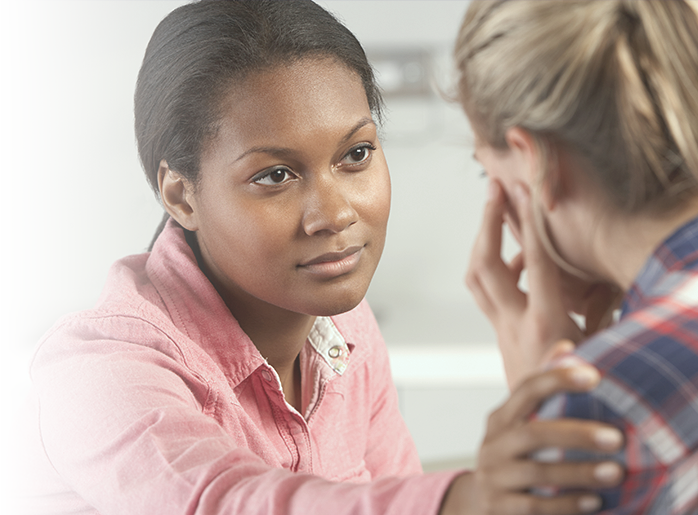Obsessive Compulsive Disorder
Know More: Obsessive Compulsive Disorder
Trustworthy information, straight from the source. Education is the first step in an empowering healthcare plan. Learn more about obsessive compulsive disorder from prevention to diagnosis and treatment.

Condition Overview
What is obsessive compulsive disorder?
Obsessive compulsive disorder (OCD) is an anxiety disorder that causes a person to have obsessions and compulsions. An obsession is an unwanted thought that stays in your mind most of the time. You cannot stop or control this thought. A compulsion is something you do and cannot stop doing because of the obsessive thought. You may become very anxious if you try to stop the compulsion.
What causes obsessive compulsive disorder?
The exact cause of OCD is unknown. OCD may be caused by changes in brain chemicals that affect your mood. You may have an increased risk of OCD if other family members have it. A previous head injury or brain injury may also increase your risk. Stressful events, such as the death of a loved one or job change, may trigger OCD in some people.
Diagnosis & Treatment Options
What are the signs and symptoms of obsessive compulsive disorder?
- You have repeated thoughts that you cannot control, such as a fear of dirt, germs, or intruders. You may have a behavior that you cannot stop, such as washing your hands over and over. You may have an obsession or compulsion about keeping your body or everything around you clean. You may check many times to see if your doors are locked.
- The signs of OCD may be better or worse at times. You may feel that what you are thinking and doing is wrong, but you still need to do it. Instead of asking for help, you try to hide your thoughts or behaviors. You may not want to see or talk to anyone. Your thoughts and behaviors may prevent you from being able to do your daily activities.
How is obsessive compulsive disorder diagnosed?
Your healthcare provider will ask you several questions about your thoughts and behaviors. Steps to help diagnose OCD may include:
- Physical exam. This may be done to help rule out other problems that could be causing your symptoms and to check for any related complications.
- Lab tests. These may include, for example, a complete blood count (CBC), a check of your thyroid function, and screening for alcohol and drugs.
- Psychological evaluation. This includes discussing your thoughts, feelings, symptoms and behavior patterns. With your permission, this may include talking to your family or friends.
How is obsessive compulsive disorder treated?
- Medicine: Medicines, such as antidepressants, may be given to treat the symptoms of OCD. You may need to take this medicine for several weeks before you begin to feel better. Tell your healthcare provider about any side effects or problems you have with your medicine. Sometimes the type or amount of medicine may need to be changed. Other medicines may also be given.
- Cognitive behavioral therapy (CBT): CBT may be used to treat OCD. A therapist will help you learn to cope with your thoughts and feelings. This can be done alone or in a group. It may also be done with family members or a significant other
Preparing for Care
What is a typical care plan for obsessive compulsive disorder?
Your provider will monitor your progress at follow-up visits. Write down your questions so you remember to ask them during your visits.
At your follow-up visits, your provider will ask how you are feeling and will watch how you respond to your medicines. Tell your provider about any side effects or problems you have with your medicine. Sometimes the type or amount of medicine may need to be changed.
You should contact your provider if:
- You are not able to sleep well or are sleeping more than usual.
- You cannot eat or are eating more than usual.
- You have questions or concerns about your condition or care.
You should immediately call 911 if you have thoughts of harming yourself.
